Wisconsin Pride – Ralph Warner
§ §
Narrator: In this same era, another Wisconsin man found his solution to living freely by building his own personal oasis, removed from society and even time.
Dick Wagner: Ralph Warner of Cooksville, I call Wisconsin’s first out gay man.
[acoustic guitar]
Narrator: An eccentric, living a lifestyle from a century before his time, Ralph Warner entertained guests at his home and personal preservation project, which he named ‘The House Next Door.’ The old building on a small plot in rural Wisconsin was Warner’s very own gateway, transporting him from the 1920s back to the mid-1800s.
Larry Reed: He was an unusual character and doing an unusual thing, sort of liking old stuff. People were tossing that stuff away.
Narrator: Warner’s interests ran counter to the mood of his times, as 1920s America became more urban and less rural. His deliberate effort to slow the increasingly frenetic pace of life caught the attention of magazines and newspapers.
Larry Reed: The word was out. Good Housekeeping, House and Garden. Ralph Warner put Cooksville on the map.
Narrator: Warner’s land of long ago promised more than a collection of antiques and old-fashioned meals. It was a place where one could live a different life.
Will Fellows: Warner was really, in some ways, ministering to certain people who were looking for something to soothe their angst about the ways in which American life was changing.
[engine rumbles]
But then, ironically, the automobile, which in some ways was the bane of preservation, was also the lifeline that brought people to Cooksville to find their hours of respite in Warner’s creation of The House Next Door.
Larry Reed: Ralph Warner’s House Next Door was charming, just a charming little place. People called it “a wee bit of England in Wisconsin.”
Will Fellows: Summer evenings with the windows open, the sound of song and piano from the House Next Door traveling through this little village.
Narrator: But the main attraction was Ralph Warner himself.
Dick Wagner: He tells one lady who comes to look at his curios: “Well, you should look at me. I’m the most curious thing here.” So, he had just sort of created this persona for himself. And they gave fairly good clues about who he was.
Narrator: Warner defied the strict gender norms of the 1920s. He entertained his visitors by cooking and serving the meals himself. He designed and curated the interior of his home, and tended his traditional English garden.
Will Fellows: It’s representative of a certain strain of the gay sensibility. It includes that love of things related to the home and decor, things related to hospitality and caregiving.
Dick Wagner: By presenting himself as who he was, he was, in his own way, for his own time, coming out, which is really quite remarkable for the 1920s.
Narrator: Through the House Next Door, Warner had created his own personal haven. A place removed from time, where people could be who they wanted to be.
Will Fellows: He really viewed it as a sacred little space that he would share with people, like-minded, kindred spirit type people.
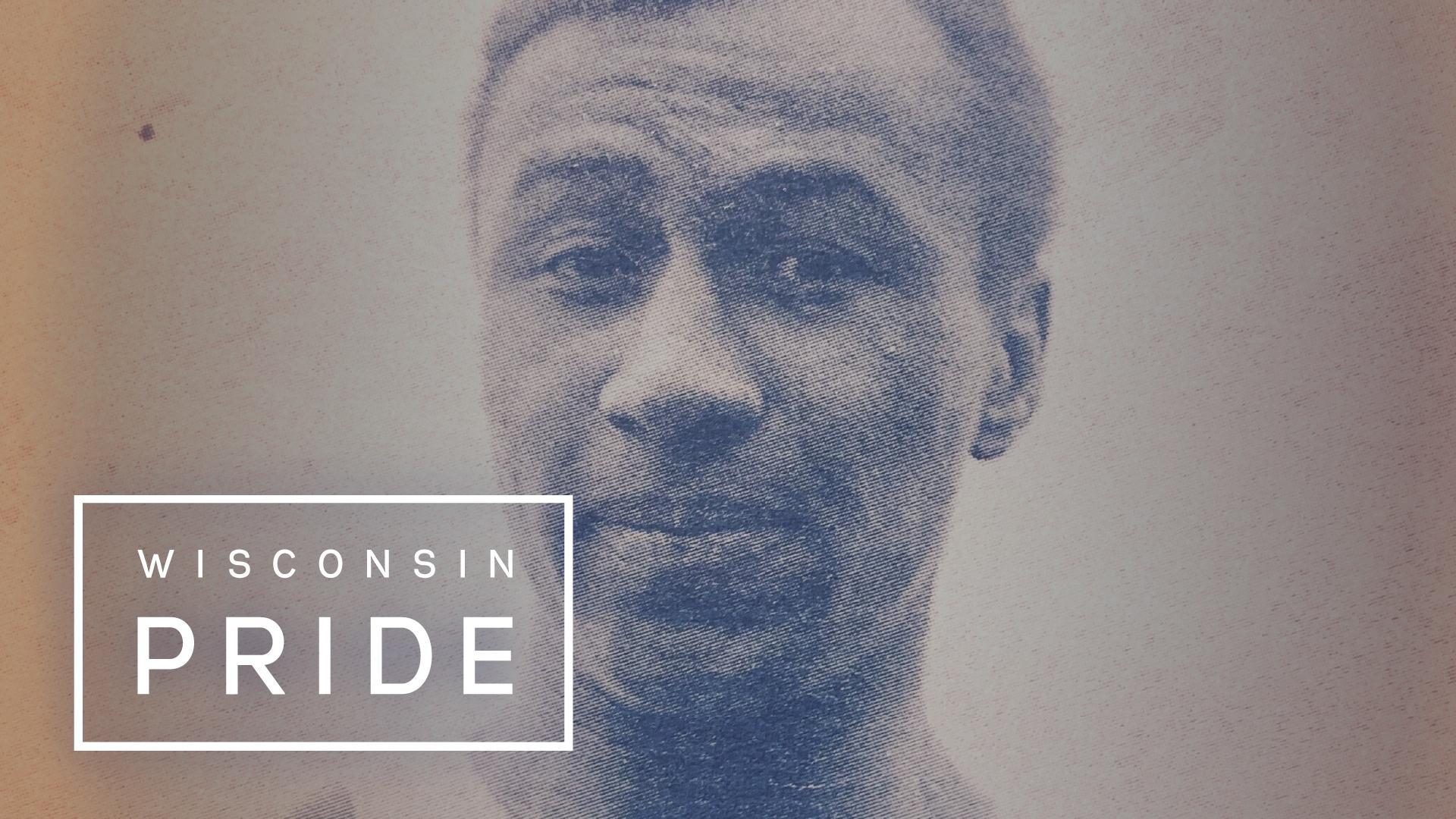
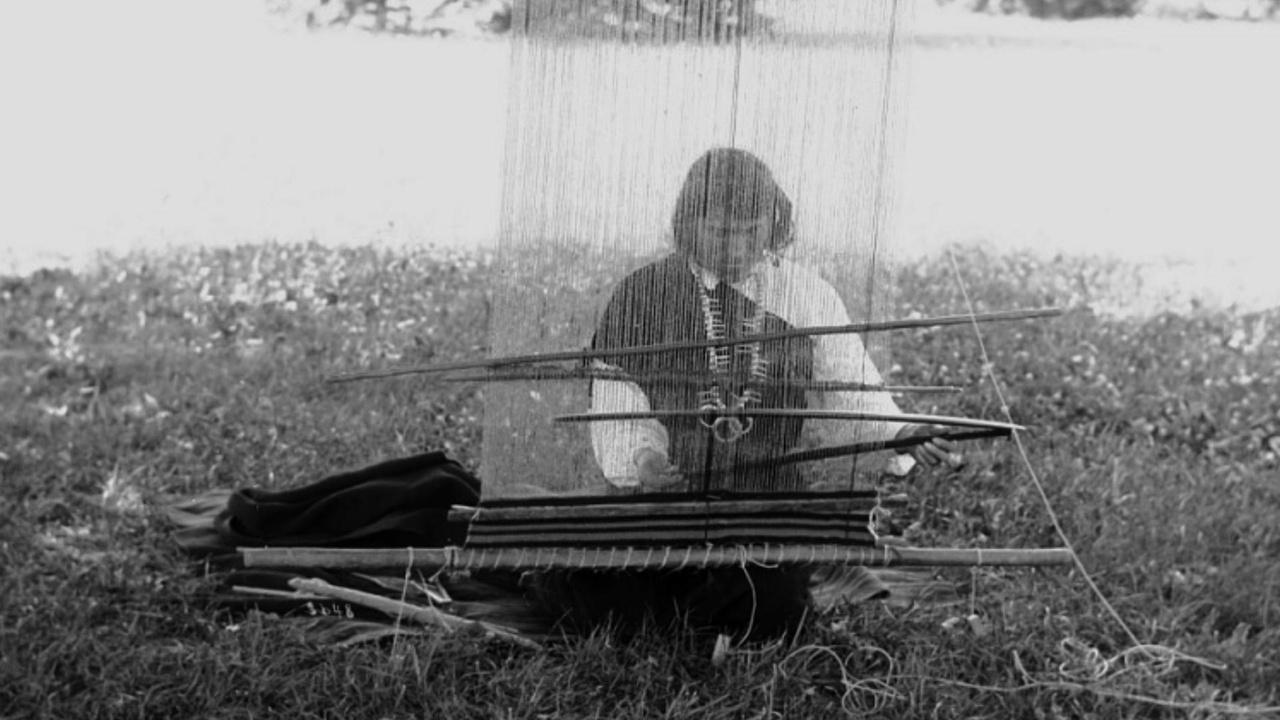
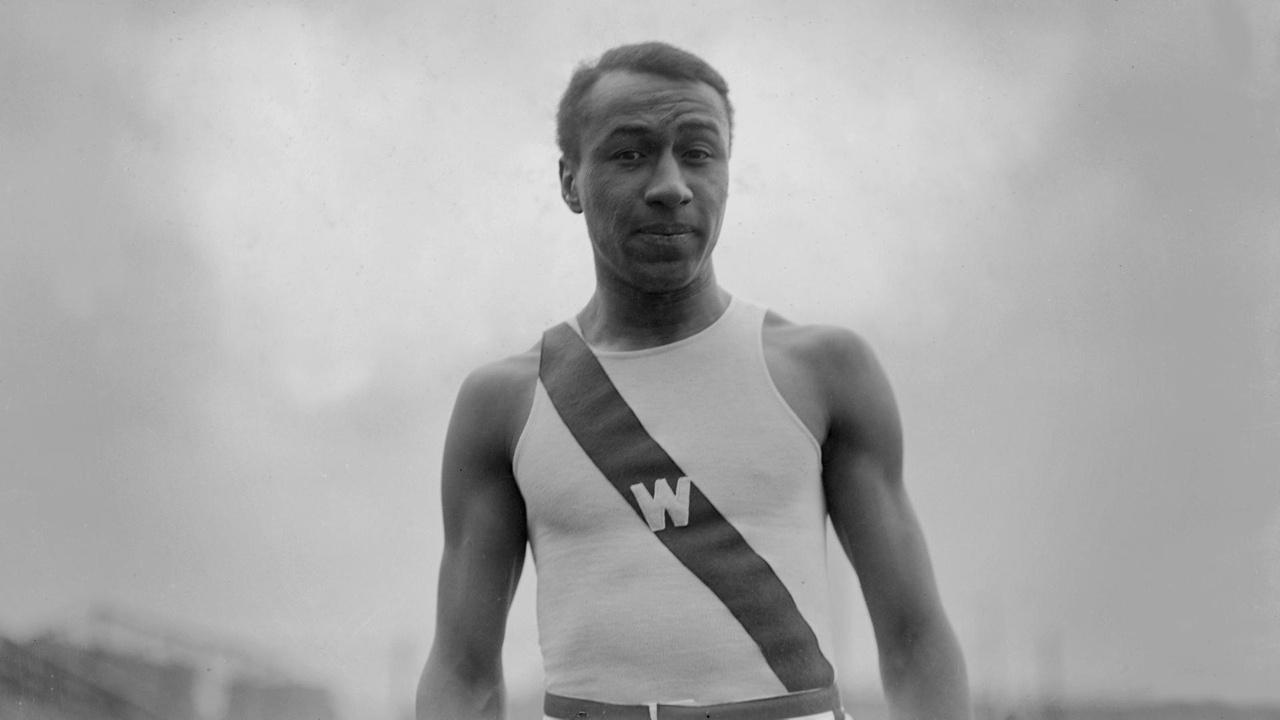
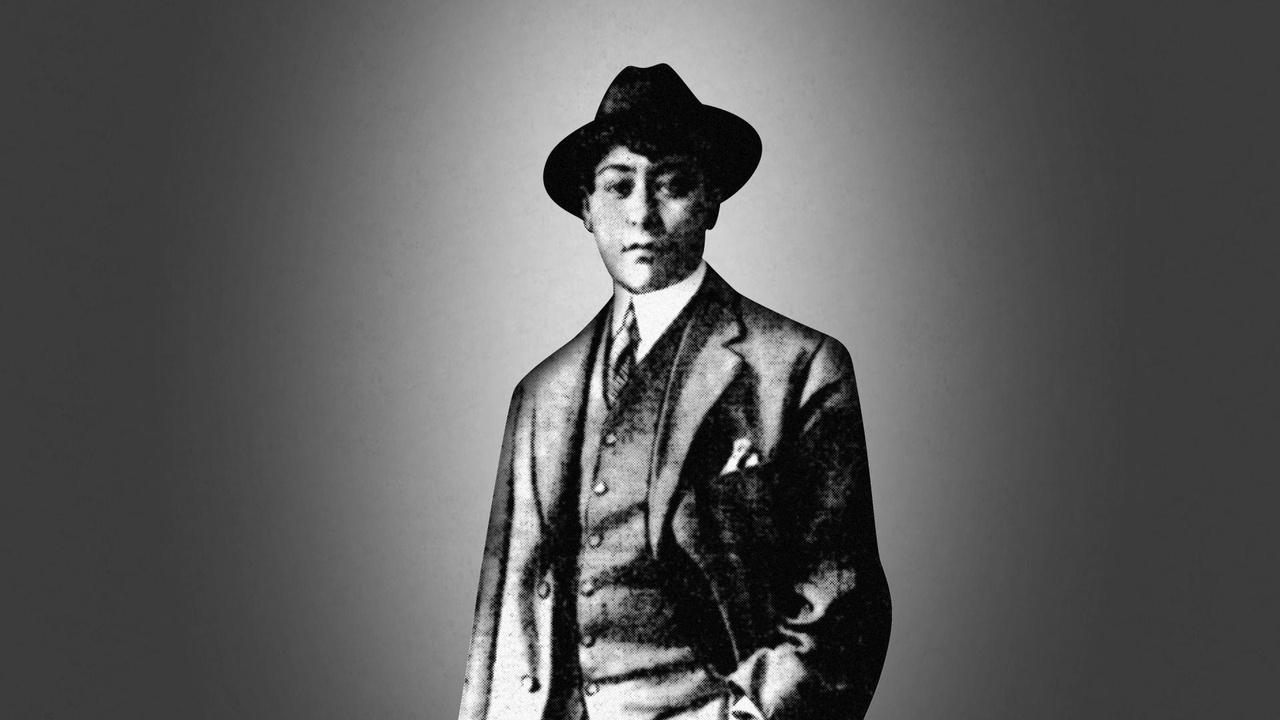
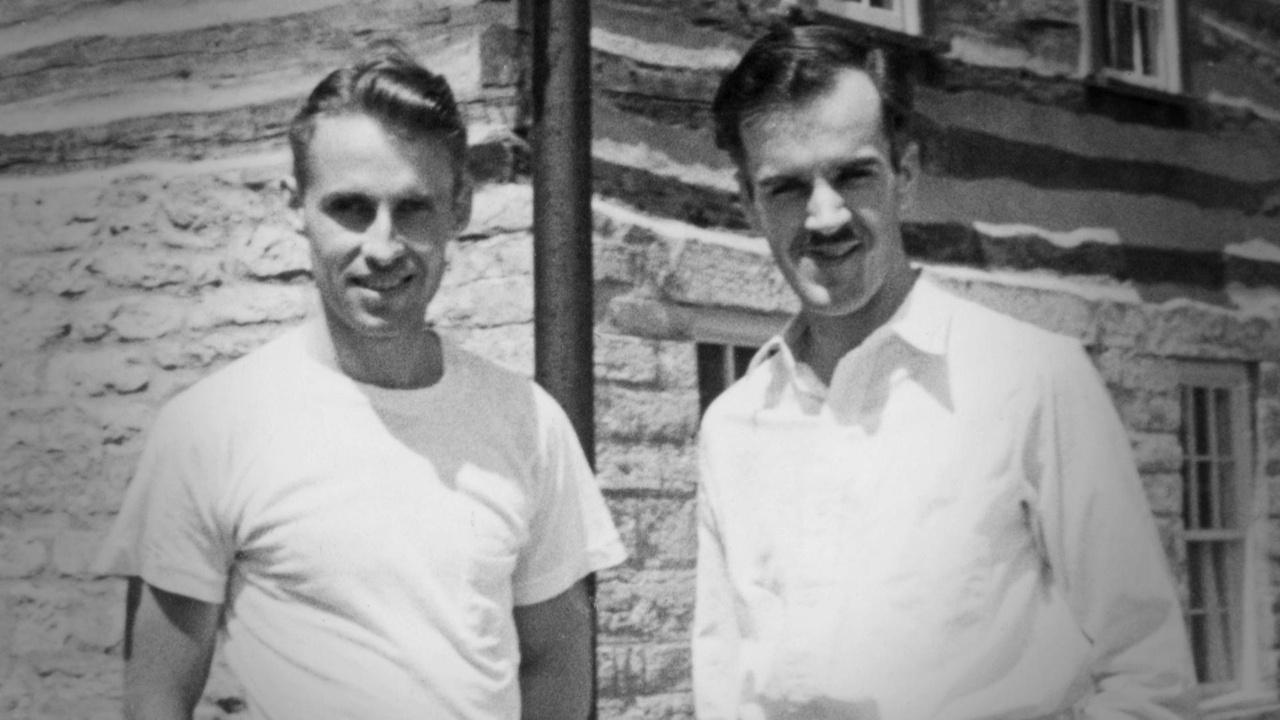
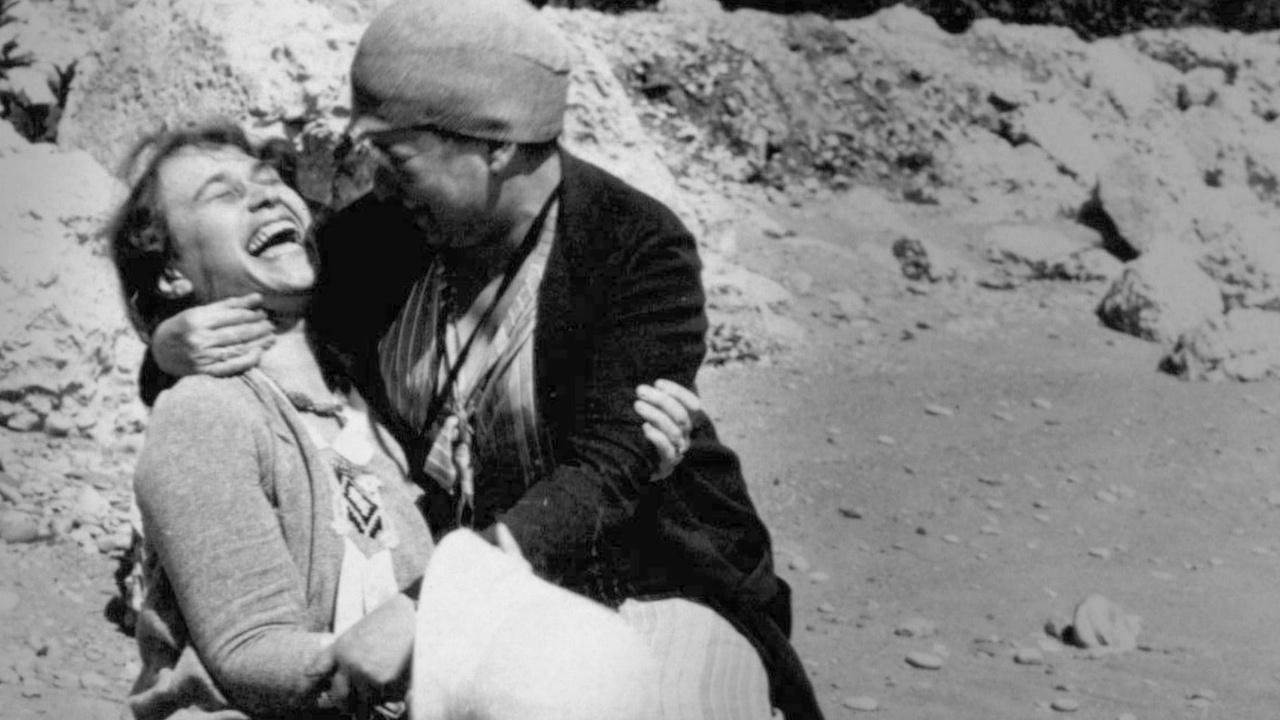
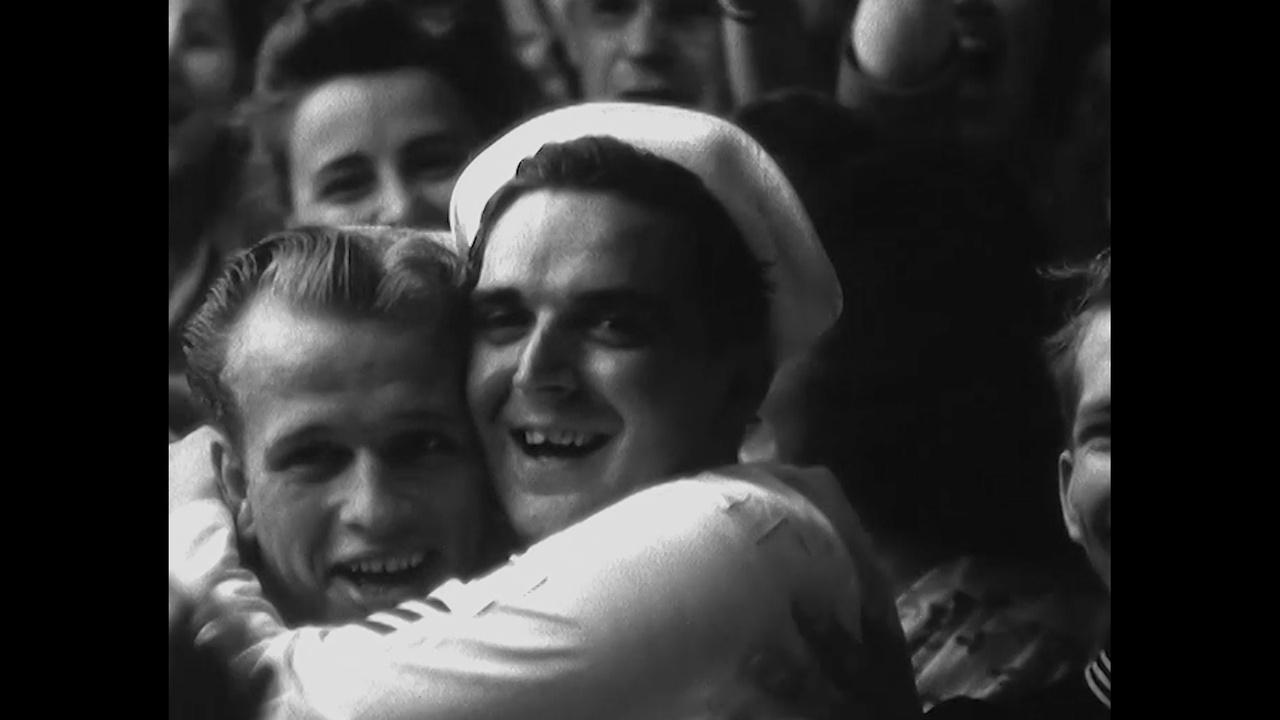
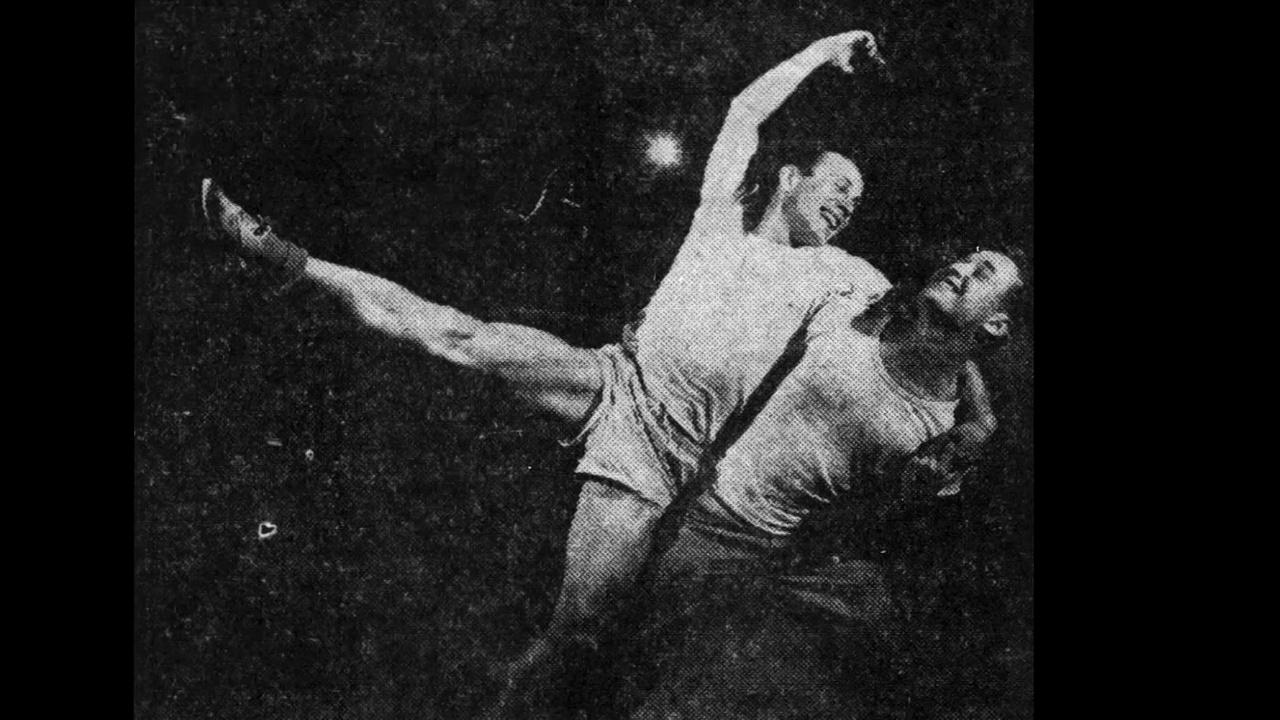
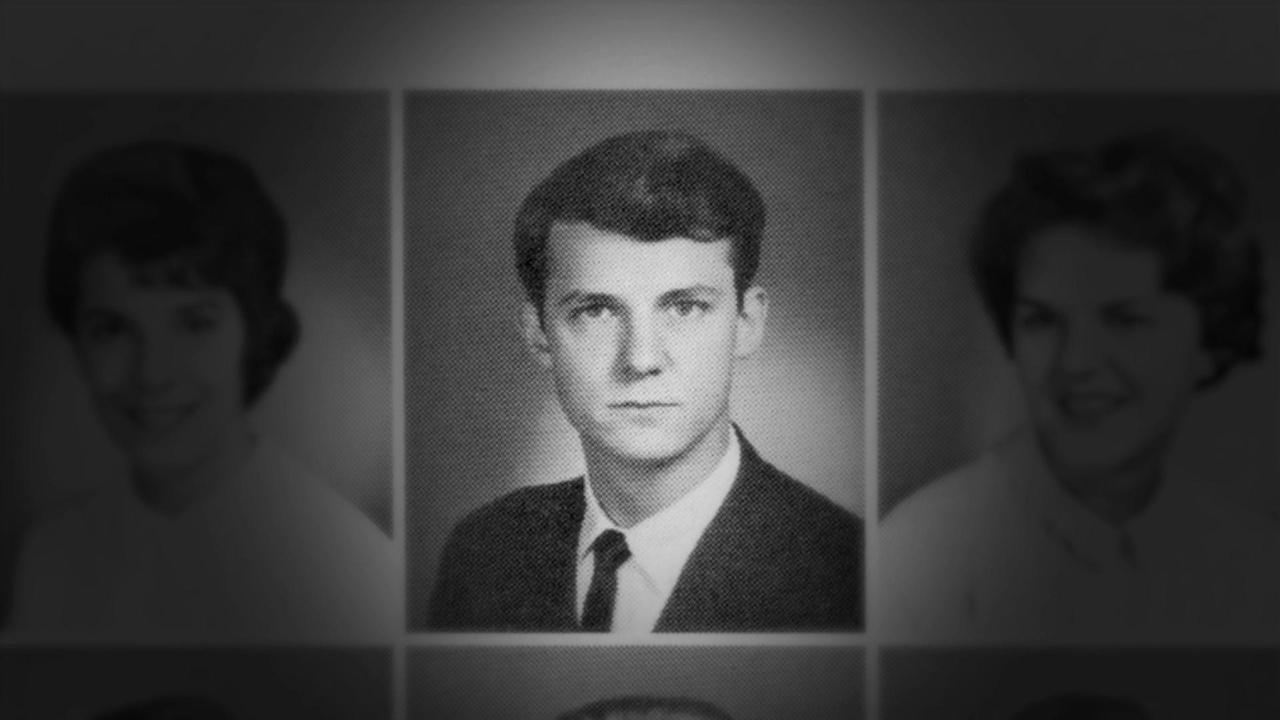
 Passport
Passport






Follow Us